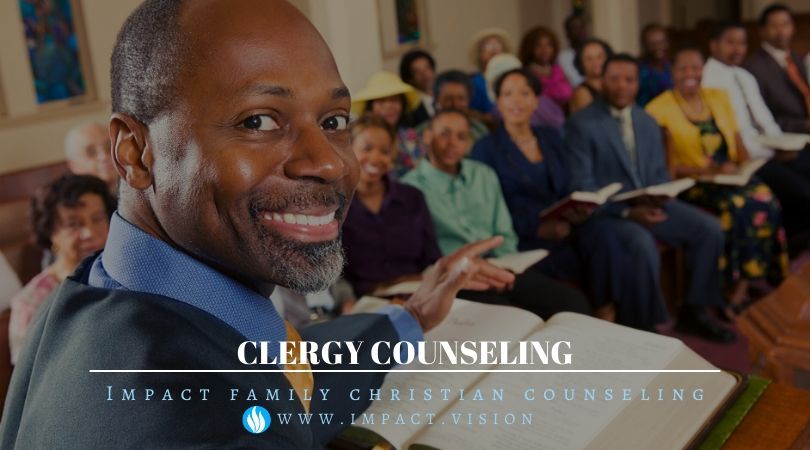
We recognize that spiritual leaders—pastors, priests, ministers, and other clergy members—face unique challenges in their ministries. While they devote their lives to serving others, they also encounter personal and professional stresses that can be overwhelming. Despite their roles as spiritual guides, clergy may sometimes find it difficult to seek help for themselves due to fears of judgment, the pressure to appear strong, or a sense of isolation within their responsibilities. Our specialized clergy counseling services are designed to provide confidential, empathetic, and spiritually-informed support to these vital community leaders.
Clergy members often hesitate to seek help for several reasons:
- Expectations of Perfection: Clergy may feel they must live up to unrealistic standards of spiritual, moral, and emotional perfection, making it difficult to show vulnerability.
- Fear of Judgment: Concerns about confidentiality or being judged by their congregants or peers can deter clergy from seeking the help they need.
- Isolation: The unique challenges of pastoral roles can lead to feelings of loneliness and isolation, as there may be few peers who understand their specific experiences.
Scriptural Encouragement for Clergy
The Bible offers profound wisdom and comfort for those in spiritual leadership. Hebrews 4:15-16 assures us, “For we do not have a high priest who is unable to sympathize with our weaknesses, but one who in every respect has been tempted as we are, yet without sin. Let us then with confidence draw near to the throne of grace, that we may receive mercy and find grace to help in time of need.” This passage reminds clergy that even Jesus faced temptations and challenges, yet remained compassionate and accessible. It encourages them to approach God with confidence for the help they need.
Another powerful scripture, 2 Corinthians 12:9, offers this reassurance: “But he said to me, ‘My grace is sufficient for you, for my power is made perfect in weakness.’ Therefore, I will boast all the more gladly of my weaknesses, so that the power of Christ may rest upon me.” This verse emphasizes that acknowledging our limitations can actually be a source of divine strength and empowerment.
Christian Spiritual Tools for Clergy Support
Impact Family Christian Counseling & Wellness Center provides several tools and approaches to help clergy overcome the challenges they face:
- Confidential Counseling: We offer a safe, confidential environment where clergy can express their struggles without fear of judgment.
- Spiritual Renewal: Through prayer, meditation, and scriptural reflection, we help clergy renew their spiritual vitality and connection with God.
- Professional Guidance: Our counselors, who are trained in both psychological and theological disciplines, provide insights that address both the personal and professional aspects of clergy life.
- Community Building: We encourage clergy to engage in peer support groups and mentoring relationships within the faith community to reduce isolation and build networks of support.
Central to our approach is fostering a deep and intimate relationship with the Holy Spirit. Romans 8:26 reminds us, “Likewise the Spirit helps us in our weakness. For we do not know what to pray for as we ought, but the Spirit himself intercedes for us with groanings too deep for words.” By developing a closer relationship with the Holy Spirit, clergy can gain strength, wisdom, and guidance for their ministry challenges.
- Christian counseling is confidential, Bible-based counseling by one trained and experienced in both pastoral and counseling ministry.
- Christian counseling is not designed to treat severe mental illness. We do not perform psychiatric or psychological evaluations, nor prescribe medication.
- The Christian counselor uses prayer and scripture to welcome God’s presence in the healing process.
- A typical counseling session lasts one to two hours. After the first meeting, the counselor will make recommendations for follow-up appointments, growth assignments, Christian spiritual practices of grace, and participation in other support ministries, well as a fellowship with a local corporate or house church, or small group ministry.
